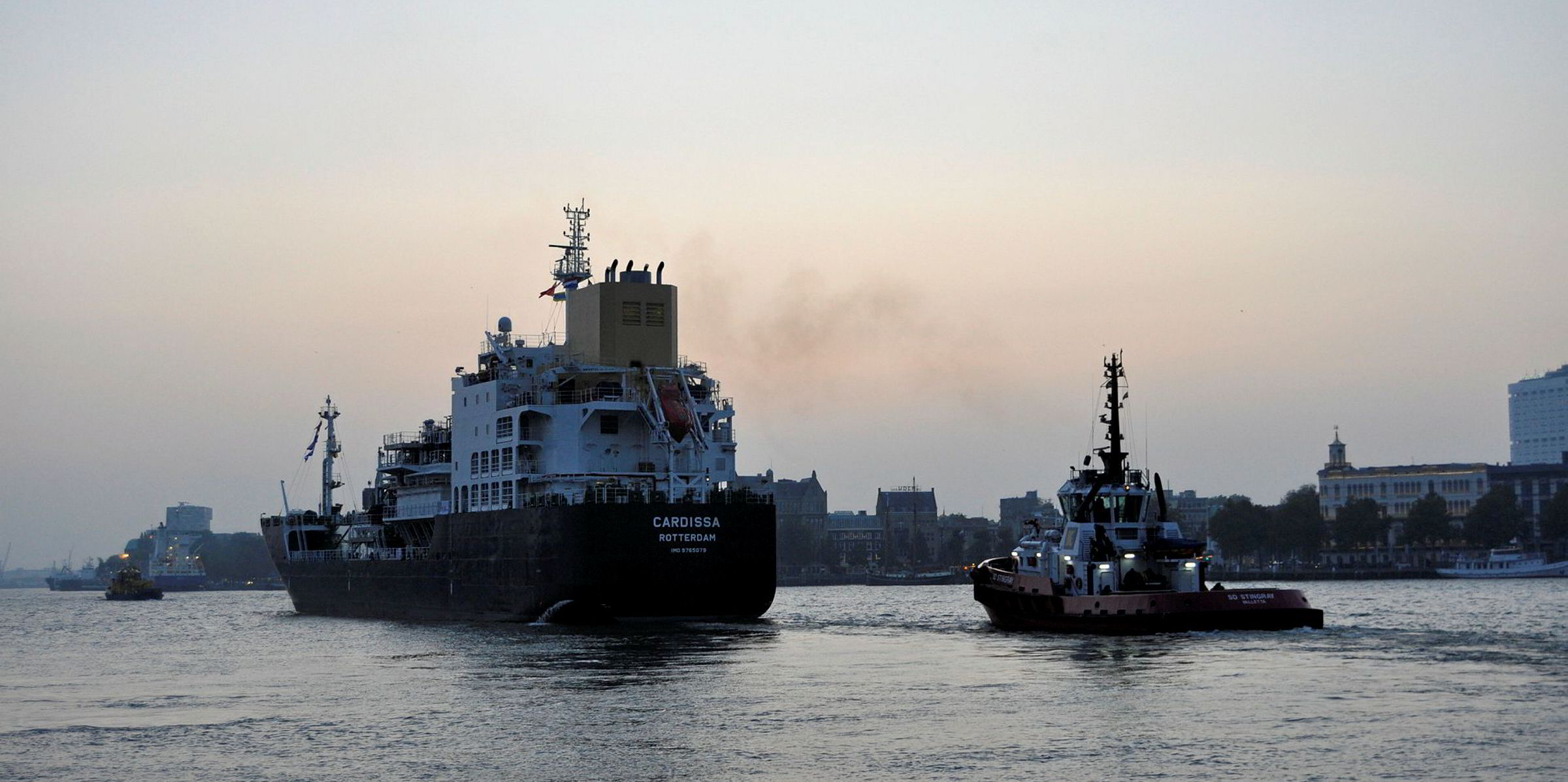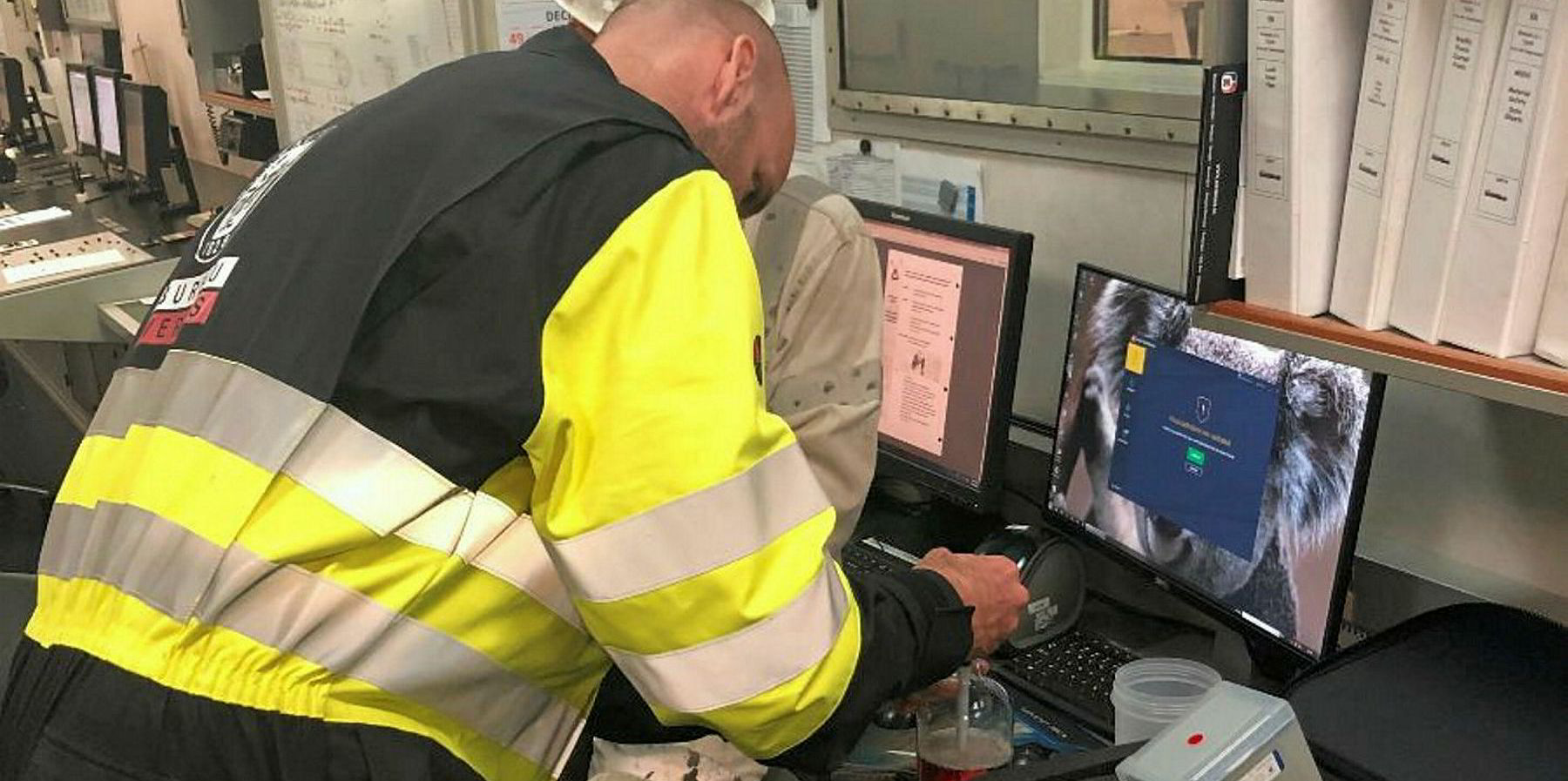Leading Italian shipowner Emanuele Grimaldi has hit out at speculation by oil companies looking to cash-in ahead of 2020 regulation.
Speaking at the Euromed convention in Giardini Naxos, Sicily today, he said that massive increases in the price of low sulphur fuel was not justifiable and had placed the burden of environmental compliance onto shipowners instead of the refining industry.
Grimaldi expected that low sulphur fuel would be available for the portion of its 130 vessels that will rely on fuel with 0.5% content.
The Naples-based company plans to equip 101 ships out of a 130-strong fleet with exhaust gas cleaning systems, while from January 2020 the remaining ships will be powered with low sulphur fuel. It is also studying the use of scrubbers able to filter microplastics particles and heavy metals at sea.
Grimaldi said the main issue was a problem of cost, as refiners were already producing compliant fuels which were “too expensive,” he said.
“I already see that there is speculation taking place by the oil companies and refiners,” he said, referring to the $250 per day spread in the price of low and heavy fuel oil in Rotterdam.
If the refineries had been required to produce low sulphur oil ahead of 2020, it would have avoided the problem of speculation.
The International Maritime Organisation has been having discussions with the oil industry for some time, said the IMO’s marine environment director Hiroyuki Yamada.
“They promised to provide the compliant fuels. I believe that now the availability is increasing particularly for the last quarter this year,” he said.
Guy Platten, secretary-general of the International Chamber of Shipping, warned of the burden on shipowners that have started to switch to low sulphur fuels.
“They have had real engine problems. My fear is come the switch-over – we will get some incidents," he added.
“We feel there is a burden being put unfairly on the shipowner to implement this – if it had been mandated internationally that only if fuels of 0.5 % could be produced, there wouldn’t be an issue here."
But the shipping industry was only a very small part of what the refiners provide, so its fuels are of less interest to them, said Ian Adams, executive director of Clean Shipping Alliance.
“There will be compatibility issues,” Adams said.
“If you buy a fuel from a different supplier, from a different refinery, in a different port, it will not be compatible with a fuel you bought elsewhere.”






